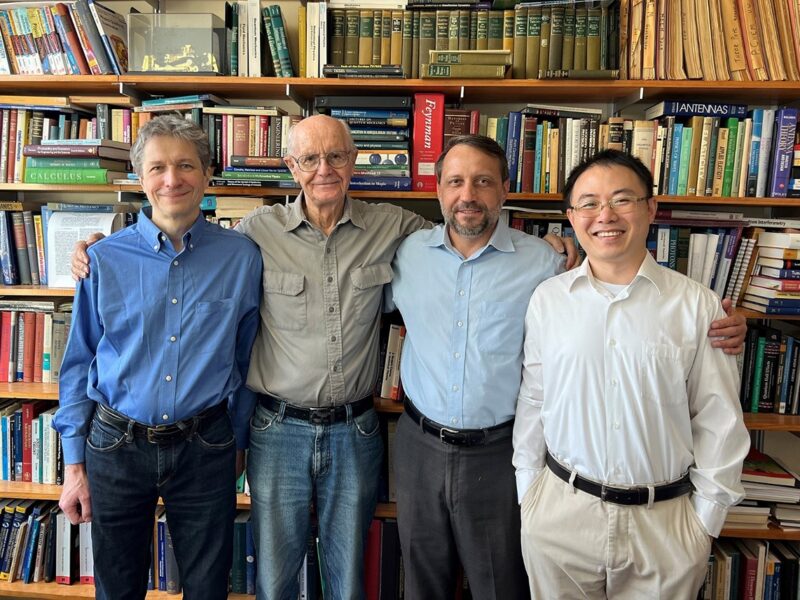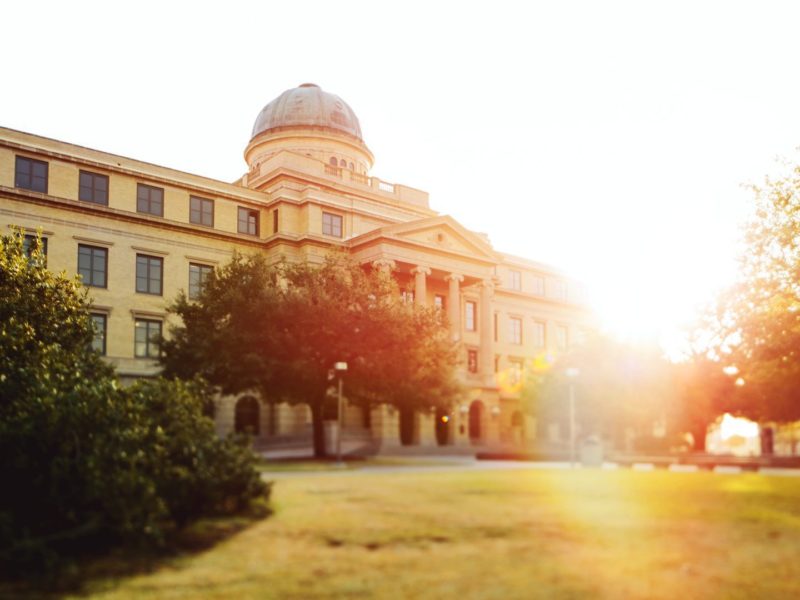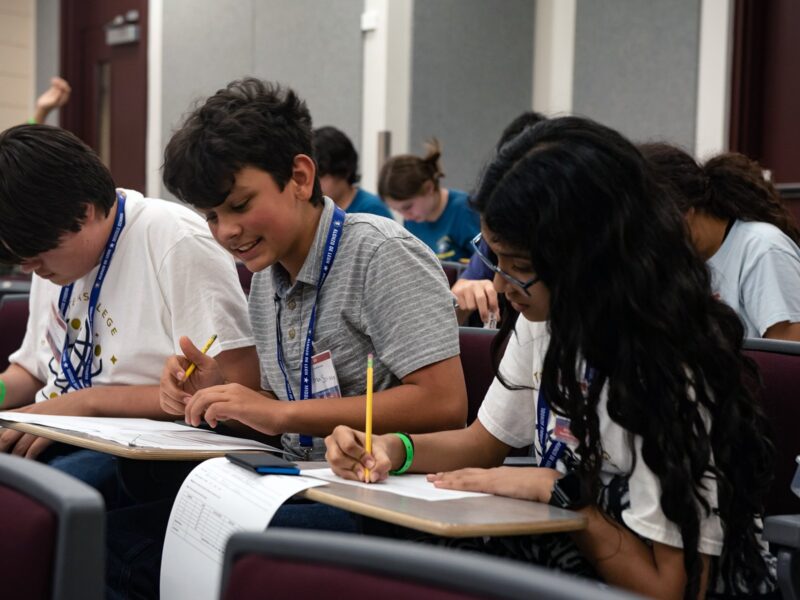Feds Extend Management Contract For Los Alamos National Lab
The National Nuclear Security Administration has exercised an additional five-year option for The Texas A&M University System and its partners at Triad National Security LLC to continue managing and operating the Los Alamos National Laboratory.
In 2018, Triad, which includes Battelle Memorial Institute and the University of California, took over the management and operation of Los Alamos, one of three national weapons design labs. The original contract, which was due to expire next year, is extended to Oct. 31, 2028.
With more than 15,000 employees and a $4 billion annual budget, the laboratory is one of the largest science and technology institutes in the world, conducting multidisciplinary research in fields such as national security, space exploration, renewable energy, medicine, nanotechnology, and supercomputing.
The Texas A&M System is the only university system other than University of California to be involved in the management and operation of a national weapons design lab. In winning the initial contract, the Triad group edged out a competing group led by the University of Texas.
“This contract expansion allows us to continue working with our partners in the Triad National Security, LLC to advance our country’s national security research,” said M. Katherine Banks, president of Texas A&M University and vice chancellor of national laboratories and national security strategic initiatives for the Texas A&M System. “Texas A&M’s expertise in national defense, strength in STEM education and management of Los Alamos National Laboratories, one of the nation’s most important national security assets, uniquely positions us to carry out a crucial role in protecting our nation.”
Chancellor John Sharp credited Banks’ leadership and the hard work of the faculty and employees of the Texas A&M System with the successful management of the Los Alamos facility.
“As proud as I was when the federal government chose Triad four years ago, I am prouder of our track record of answering our nation’s call to serve,” Sharp said.
This article originally appeared on the Texas A&M University System website.




